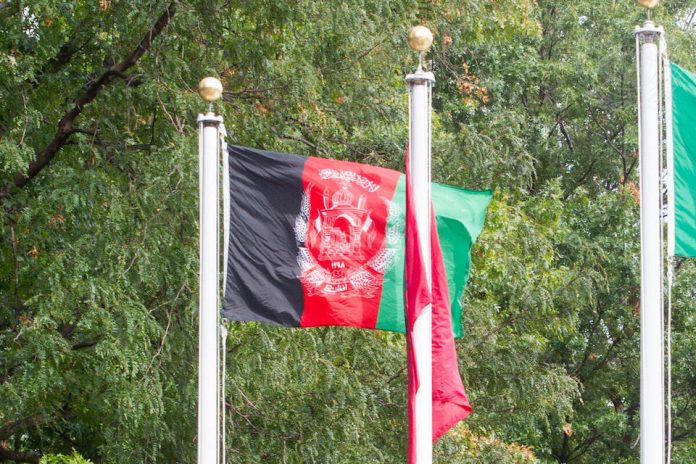Thank you, Mr President.
And may I start by thanking Special Representative Lyons and Ambassador Djani in his capacity as Chair of the 1988 Committee for their briefings. I would also like to extend a warm welcome to Ms Zadran and to thank her for her powerful statement – her clear call for peaceful future for the youth of Afghanistan.
Mr President,
On the 12th of September, Afghans took a significant step on the road to peace with the start of the Afghanistan peace negotiations in Doha. We welcome the commitment of the two negotiating teams have shown so far, culminating in their agreement on the rules and procedures, with the talks on the 2nd of December. It is vital that the negotiations resume swiftly on the 5th of January.
Mr President, I would like to emphasise three points today:
First, we must be prepared for a long and challenging process ahead. When the talks resume on the 5th of January, the parties will start negotiating on substance for the first time. In many cases, the distance between the two sides’ positions may seem unbridgeable. There will be setbacks before there are breakthroughs.
This is normal and probably indeed necessary. A successful outcome will require a long, challenging process of building trust, finding common ground and compromising. International partners will need to show commitment and patience in the process as well. The UK, for our part, stands ready to offer support.
Second, even if a final settlement takes time, Afghans should start to see the tangible benefits now. Yet, as we have heard many times today, appalling levels of violence continue to blight the lives of Afghans. And let us be clear: the Taliban is responsible for the majority of this violence, violence which not only kills a menace, but also undermines confidence in the negotiations.
The Taliban claim to want a part in Afghanistan’s future and the international community, as well as relief from UN sanctions. This requires substantive progress in peace negotiations, an end to violence, and a complete and permanent break from terrorism, including from Al Qaeda.
Third, the outcome of the Afghanistan peace negotiations is for Afghans themselves to decide. But the parties, and especially the Taliban, must recognise Afghanistan is not the place it was 20 years ago.
To be sustainable, a peace settlement will need to be inclusive and preserve the rights and freedoms of all Afghans, including women and minorities. To maintain international support, the new Afghanistan will need to adhere to its treaty obligations, including those concerning human rights. And to reach a settlement that achieves these ends, the process will need to be inclusive and broad-based.
For my own part, I look forward to supporting women’s participation in the process in my new role co-chairing the Group of Friends of Women in Afghanistan with Ambassador Raz.
Mr President,
In Geneva last month, the international community reaffirmed its support to Afghanistan. The UK pledged up to $207 million dollars in development assistance for 2021.
For its part, the Afghan government renewed its own commitments, as set out in the new Afghanistan Partnership Framework. Together, the commitments made last month can help strengthen Afghan institutions and the government’s ability to support its citizens – tasks that are vital even as peace talks unfold.
Today, Afghanistan stands a step closer to being at peace with itself and its neighbours, free from conflict and terrorism, and able to protect the rights and freedoms of all Afghans. We should redouble all our collective efforts to make that a reality.
Thank you.







